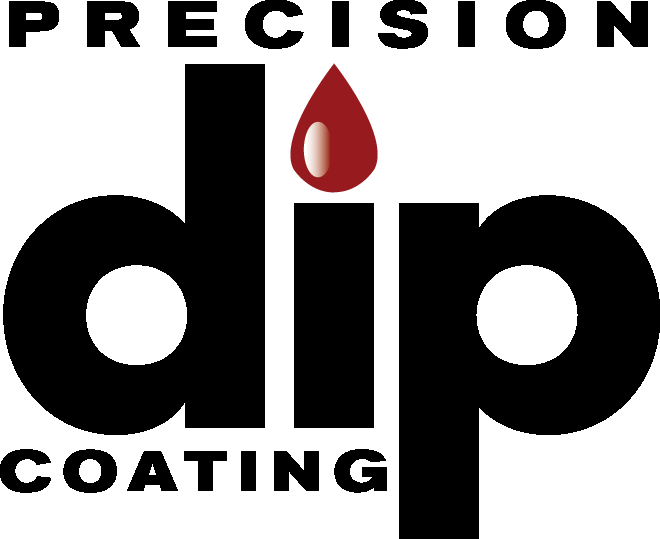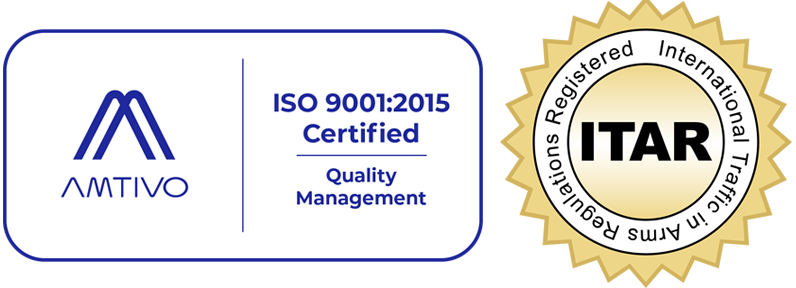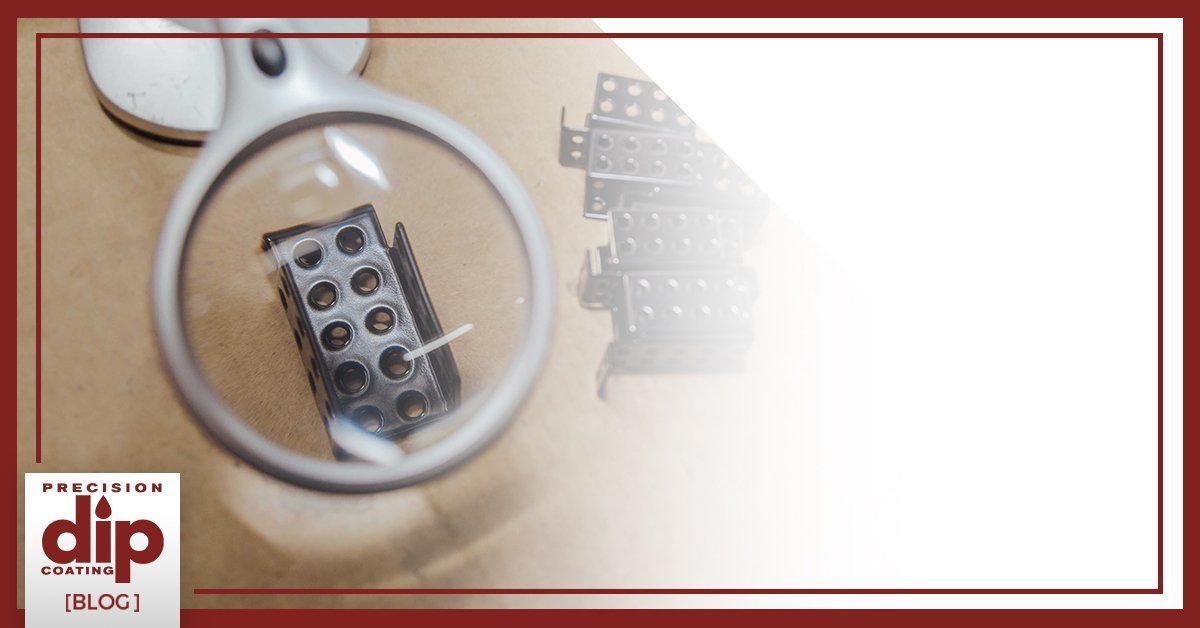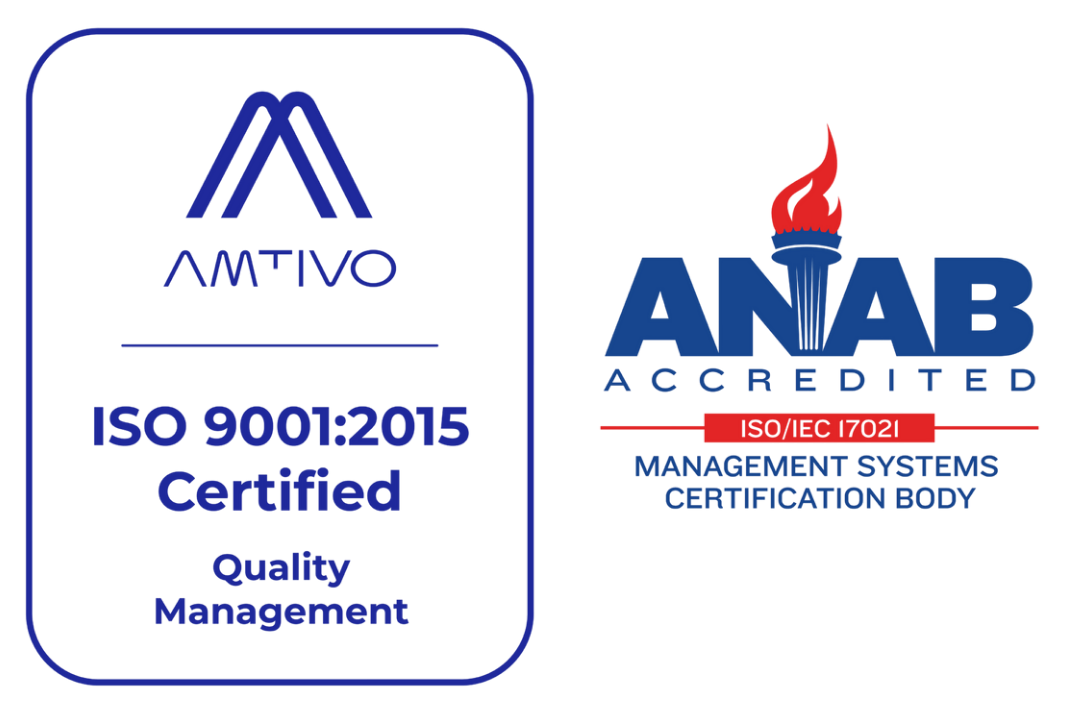Dielectric Coating Services at Precision Dip Coating
High-Performance Insulation for Electrical and Electronic Applications
At Precision Dip Coating, we offer professional dielectric coating services designed to enhance the performance and longevity of your electrical and electronic components. Our advanced coatings provide superior insulation, protection, and reliability, ensuring your products meet the highest standards of quality and safety.
What is Dielectric Coating?
Dielectric coating refers to the application of a non-conductive, insulating layer to various materials and components. This specialized coating acts as a barrier against electrical currents, enhancing the component's ability to withstand high voltages and prevent electrical discharges. Ideal for a wide range of applications, our dielectric coatings are tailored to meet the unique requirements of each project, providing optimal protection and performance.
Benefits of Dielectric Coating
Dielectric coatings naturally offer superior insulation against electrical conductivity, but also provide the added protective and functional benefits that come with specific plastic formulations. These can include:
Coating Applications
Any industry or component that relies on keeping electrical current from coming into contact with other parts, people, and other unwanted exposure to current will benefit from selecting our dielectric coatings. Some of the many applications for these coatings include:
Choose Precision Dip Coating for Dielectric Coating
With our expertise in dielectric coating, Precision Dip Coatingis your trusted partner for insulating and protecting your electrical and electronic components. Our commitment to quality, combined with our tailored solutions, ensures that your products achieve optimal performance and reliability.
Contact us today to discuss how our dielectric coating services can benefit your next project.
Contact Us
Contact Us
Related Services
For more information about our manufacturing services, call us at 203-805-4564 or visit our contact page.
Why Choose Us
Wondering why Precision Dip Coating should be your top choice for dip coating and molding services? Here's what sets us apart:
Industry Experience
Decades of Professional Expertise
Value-Added Services & Support
Beyond Service, Added Value Support
Integrated Design & Development
Expertise From Concept To Completion
From Prototype to Production
Turning Ideas Into Reality, Refining Craftsmanship
Frequently Asked Questions
Why are dielectric coatings helpful?
Most importantly, dielectric coatings limit the flow of electricity, protecting people and equipment from coming into contact with the current. In addition to this vital protection, these coatings also offer:
- A barrier against moisture, chemicals, dust, weather, and other hazards and contaminants
- Safer, more comfortable tools and handles
- Attractive appearance with opportunities for color coding or brand color identification
- All of the additional functional and performance benefits each coating possesses
What industries use dielectric coatings?
While dielectric coatings are most commonly used in the electrical industry, they are useful for any application in which limiting contact with electrical current, internally or externally, is needed.
How do dielectric coatings work?
Dielectric plastic coatings work as insulators because their molecular structure doesn't have free electrons that metal and other good conductors have available to shift from atom to atom, which is, fundamentally, how electricity works.
What are common uses for dielectric coatings?
In addition to the electrical industry, typical applications for dielectric coatings include those where protection from electrical current is particularly vital for reliability and safety, such as automotive, aerospace, medical, and industrial components.
What plastics are used for dielectric coatings?
Virtually all plastic coatings used in standard electrostatic spray and fluidized bed powder coating are excellent dielectric coatings, including epoxy, nylon, polyester, and polyethylene. Plastisol dip coating is especially effective for tools and electrical components, including high-voltage uses.
Our Blog










